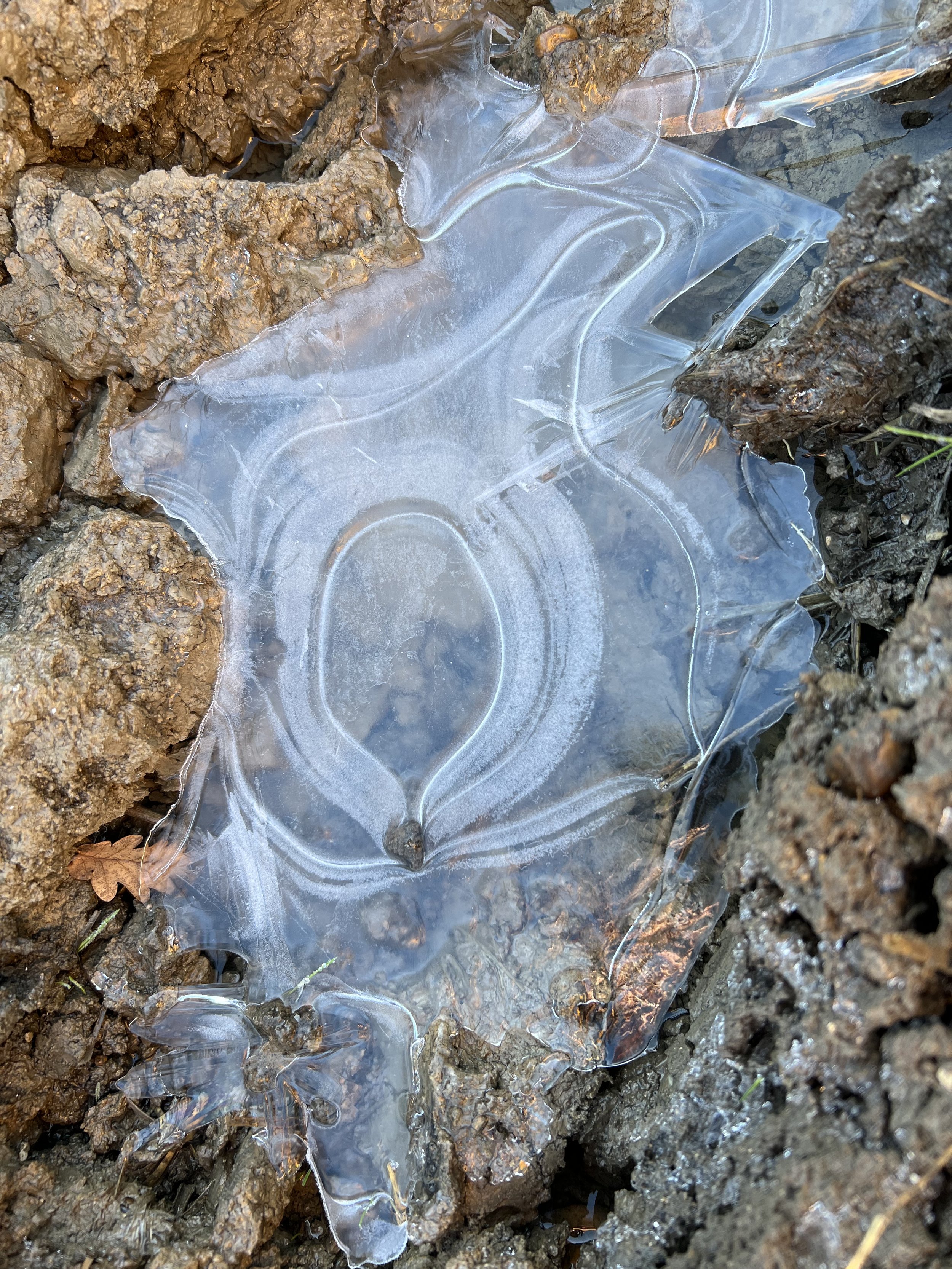‘Voicelessness’ and Law
The concept of ‘voicelessness’ is a growing concern in international environmental law, and Randall Abate’s Climate Change and the Voiceless taps into a broader debate about how legal systems should protect those who cannot advocate for themselves. Traditionally, law has focused on the rights and responsibilities of people and entities with legal standing - human beings, corporations, and, in limited cases, protected species. But climate change, with its sweeping and intergenerational effects, exposes a glaring gap in this framework: the lack of representation for those directly impacted but unable to speak in court - future generations, ecosystems, and wildlife.
This problem is particularly acute because international environmental law, while expansive in ambition, remains largely anthropocentric. Treaties like the Paris Agreement focus on states as key actors, while the interests of nature itself and the unborn are sidelined. The question then becomes: how do we legally represent those whose interests are fundamentally tied to the health of the planet but are voiceless in political and legal systems?
In this context, the idea of granting rights to nature, wildlife, and future generations is gaining traction. Some countries and jurisdictions have already experimented with this concept. Ecuador’s 2008 constitution famously granted legal rights to nature, allowing ecosystems to exist and flourish. In New Zealand, the Whanganui River was recognised as a legal person in 2017, with its own guardians to represent its interests. These examples illustrate how the law can evolve to protect the voiceless, but they also reveal the complexities of implementation. For instance, who decides how these rights are exercised, and how can conflicts between human and non-human interests be adjudicated?
The issue of voicelessness also highlights the limitations of current legal systems, which are rooted in anthropocentric values. Laws designed to address environmental harms often treat nature as property to be managed rather than as an entity with intrinsic value. This approach creates a paradox when attempting to grant rights to ecosystems or wildlife: those rights must still be interpreted and enforced by human actors, often through human-centric lenses. Critics argue that this risks imposing narrow, utilitarian goals - such as preserving resources for human use - on entities that may have value beyond their utility to humanity.
Future generations face similar challenges. While the idea of intergenerational equity is embedded in some legal instruments, such as the Rio Declaration, it often lacks enforceability. States are not compelled to act on behalf of the unborn in meaningful ways. This is particularly concerning in the context of climate change, where today’s inaction imposes severe and often irreversible costs on future people. The absence of binding mechanisms to protect their interests makes future generations among the most vulnerable of the voiceless.
Abate’s work is part of a broader push to address these gaps by proposing an ecocentric model of environmental law - one that recognises the interconnectedness of human and non-human life. By placing rights at the center of this model, he argues, the law can create stronger protections for vulnerable entities, ensuring that their interests are represented in decisions about climate policy, resource management, and conservation. However, this approach is not without its challenges. Expanding rights for the voiceless requires rethinking fundamental principles of sovereignty, representation, and accountability. It also demands significant political will, which remains uneven across the globe.
The debate over voicelessness in international environmental law underscores a deeper moral question: how do we define our responsibilities toward those who cannot demand them? At its core, the issue is about justice - ensuring that all entities affected by environmental decisions are given consideration, even if they lack a literal voice. As climate change forces humanity to confront its ecological impact, this question will only become more urgent. By proposing a rights-based framework for the voiceless, Abate’s work adds a critical perspective to the ongoing discussion about how to create a fair and sustainable legal system in the Anthropocene.
